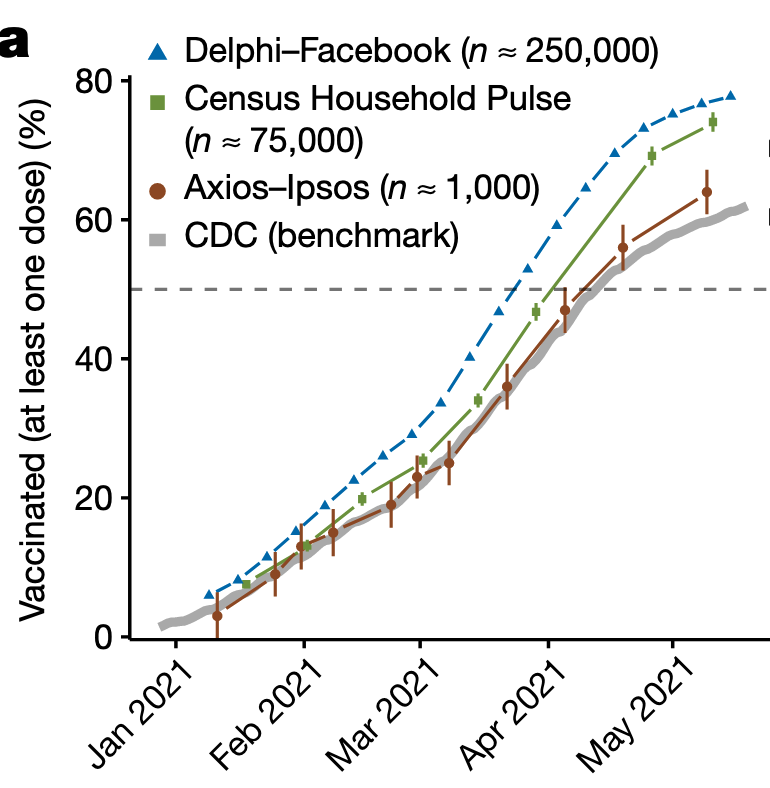Q: Did you see that Viagra prevents Alzheimer’s?
A: That’s not quite what it says
Q: “Viagra could be used to treat Alzheimer’s disease, study finds”
A: It’s possible that it could be, if it turns out to work
Q: That’s a bit misleading
A: Well, it’s a headline, what do you expect?
Q: Do you want to say that the Guardian covered this better than NewstalkZB?
A: No. Well, whether or not I want to, it’s not true. The Guardian had the misleading headline and NewstalkZB has an expert saying “As exciting as it may be, it does sound a bit too good to be true though.”
Q: So it’s just mice?
A: No, I don’t think anyone would have had any reason to test this in mice before
Q: Men?
A: Yes. Well, mostly men. Health insurance data on 7.2 million people and 1600 different drugs
Q: How effective is Viagra, then?
A: We don’t know
Q: You know what I mean
A: The people who were prescribed Viagra were 70% less likely to end up with Alzheimer’s
Q: That’s a huge effect!
A: A huge difference. To quote Dr Phil Wood on NewstalkZB “As exciting as it may be, it does sound a bit too good to be true though.”
Q: Whatever. Can you really get a correlation that strong when it’s not a real effect?
A: Finnish research found 2/3 lower rate of dementia in people who regularly used saunas. And in a Swedish study, married men had about half the risk of single or widowed men. And early reports looking at correlations between statin drugs and Alzheimer’s found rates lower by up to 70%. And…
Q: Ok, I get the message. But it could be real?
A: In principle. The researchers give some biological arguments for why it might. Though given how hard Alzheimer’s is to treat, it would be really surprising if some drug accidentally did way better than anything we’ve ever developed
Q: Maybe there should be a clinical trial?
A: Perhaps. Or at least an observational study in a different population. While it probably won’t work, we wouldn’t want to miss out if it did


